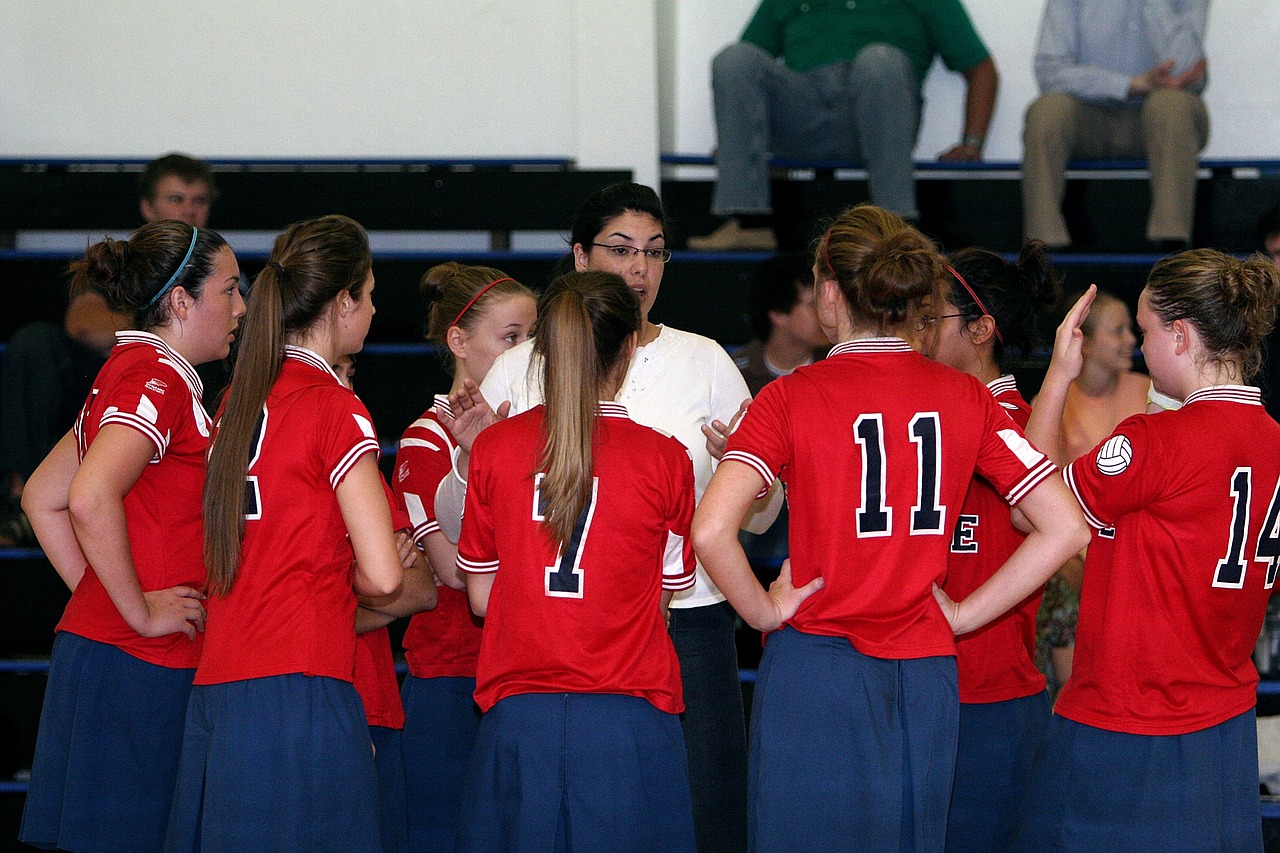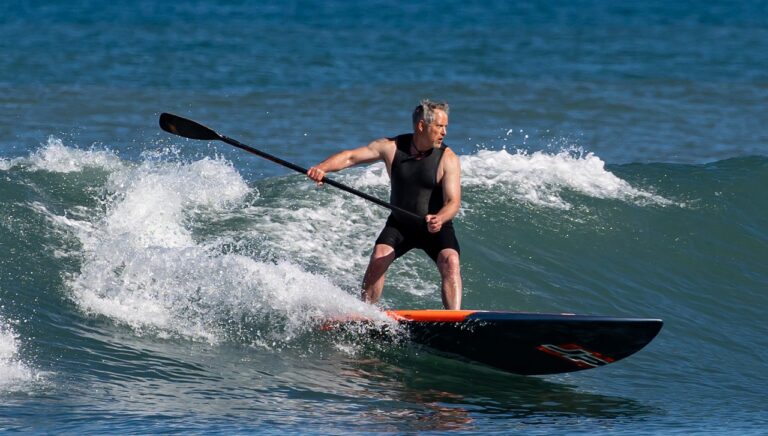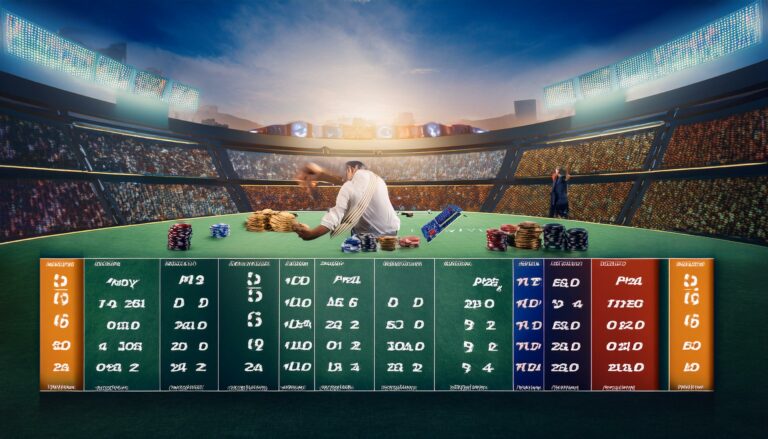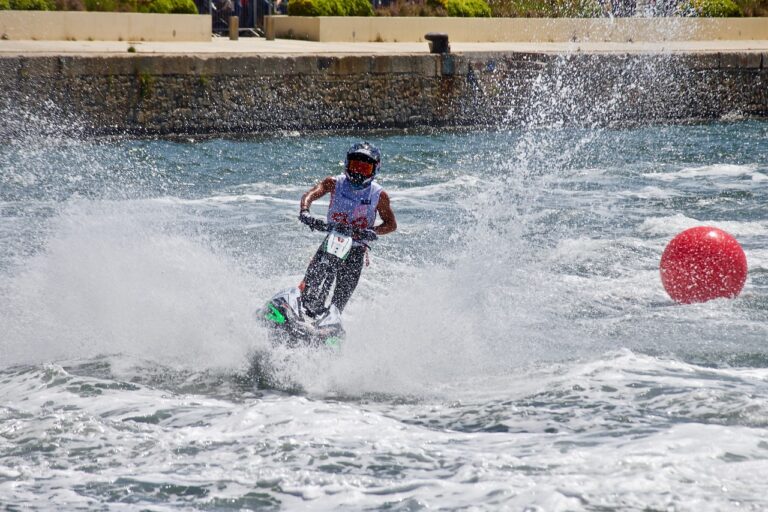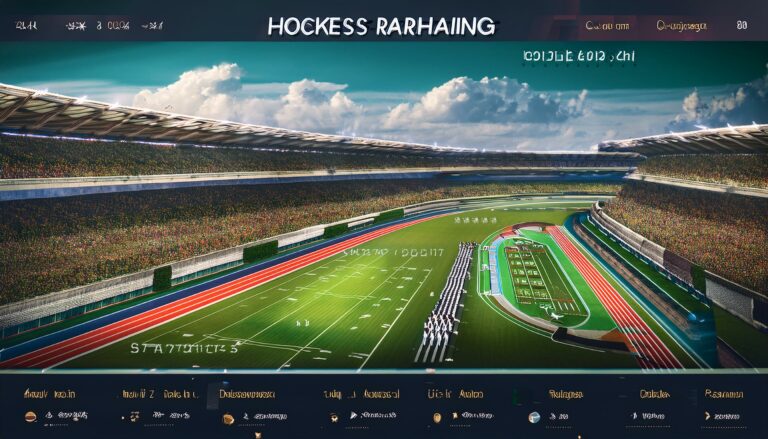Cricket and Adaptive Event Accessibility: Ensuring Inclusive Experiences for All Fans
Reddy Anna Club, Online Cricket ID:Creating inclusive experiences for fans is crucial in ensuring that everyone has the opportunity to enjoy sporting events to the fullest. By making venues accessible and accommodating for individuals with disabilities, sports organizations can foster a welcoming environment where all fans feel valued and included. This not only enhances the overall fan experience but also promotes diversity and equality in the sporting community.
Moreover, providing inclusive experiences for fans with disabilities is not only a moral imperative but also makes good business sense. By catering to the needs of fans with different abilities, sports organizations can tap into a more diverse fan base and potentially increase revenue streams. Additionally, promoting inclusivity sends a powerful message of acceptance and respect, creating a positive image for the organization and strengthening its connection with fans of all backgrounds.
– Creating inclusive experiences for fans is crucial in ensuring that everyone has the opportunity to enjoy sporting events
– Making venues accessible and accommodating for individuals with disabilities fosters a welcoming environment
– Enhances the overall fan experience and promotes diversity and equality in the sporting community
– Providing inclusive experiences for fans with disabilities makes good business sense
– Catering to the needs of fans with different abilities can tap into a more diverse fan base and potentially increase revenue streams
– Promoting inclusivity sends a powerful message of acceptance and respect
– Creates a positive image for the organization and strengthens its connection with fans of all backgrounds
Understanding Different Types of Disabilities
Different types of disabilities can present unique challenges for individuals in various aspects of life, including participation in sports and other recreational activities. Physical disabilities, such as mobility impairments or amputations, may require accommodations like accessible seating or paved pathways to ensure equal access to sporting events. On the other hand, sensory disabilities, like blindness or deafness, may necessitate additional communication tools or audio descriptions to fully engage with the sports experience.
Cognitive disabilities can also impact how individuals interact with the environment during sporting events. Conditions such as autism or intellectual disabilities may require sensory-friendly accommodations, like noise-cancelling headphones or quiet areas, to help attendees feel comfortable and included. Understanding the wide range of disabilities and their specific needs is crucial in creating inclusive and welcoming environments for all fans to enjoy sports events to the fullest.
Challenges Faced by Fans with Disabilities at Sporting Events
When fans with disabilities attend sporting events, they often encounter various challenges that can hinder their overall experience. Simple tasks like navigating through crowded stadiums or accessing designated seating areas can prove to be quite daunting for individuals with mobility impairments. Additionally, the lack of accessible transportation options to and from sporting venues can further complicate the logistics of attending live events.
Moreover, fans with sensory disabilities, such as hearing or vision impairments, may face difficulties in fully engaging with the game-day experience. Limited access to audio descriptions or sign language interpreters can make it challenging for these individuals to follow the action and fully immerse themselves in the excitement of the event. Inadequate communication tools and accommodations can create barriers that exclude fans with disabilities from fully participating in the overall enjoyment of sporting events.
How important is it to provide inclusive experiences for fans with disabilities at sporting events?
It is crucial to ensure that all fans, including those with disabilities, have equal access to and enjoyment of sporting events. Creating inclusive experiences not only enhances the overall fan experience, but also promotes diversity and equality in the sports community.
What are some common challenges faced by fans with disabilities at sporting events?
Some common challenges include limited wheelchair accessibility, lack of accessible seating options, inadequate restroom facilities, and insufficient accommodations for individuals with visual or hearing impairments.
How can sporting venues improve accessibility for fans with disabilities?
Sporting venues can improve accessibility by providing wheelchair ramps and elevators, designated accessible seating areas with clear sightlines, accessible parking spaces, assistive listening devices, and accessible restroom facilities. Additionally, staff training on accommodating fans with disabilities is essential.
Are there specific guidelines or regulations in place to ensure accessibility for fans with disabilities at sporting events?
Yes, there are guidelines such as the Americans with Disabilities Act (ADA) in the United States, which mandates accessibility requirements for public accommodations, including sporting venues. Many countries also have similar disability rights laws in place to ensure equal access for individuals with disabilities.

